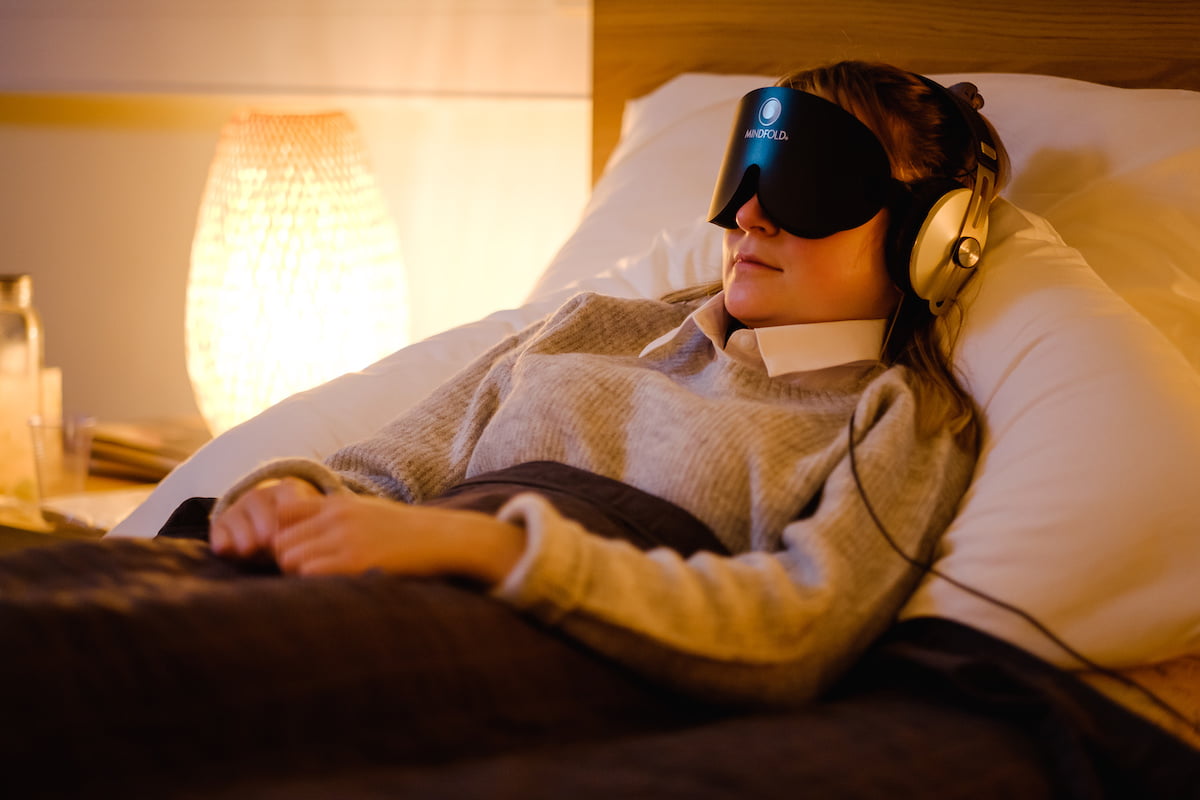The largest psilocybin therapy clinical trial ever conducted, investigating psilocybin for treatment-resistant depression (TRD), has achieved its primary endpoint.
COMPASS Pathways has announced that its randomised, controlled, double-blind phase IIb trial of psilocybin therapy for TRD has achieved its primary endpoint for the highest dose. A 25mg dose of the compound – COMP360 – demonstrated a highly statistically significant and clinically relevant reduction in depressive symptom severity after three weeks, with rapid and durable treatment response.
The objective of the trial was to find the appropriate dose for a larger, pivotal phase III programme, which COMPASS expects to begin in 2022.
David J Hellerstein MD, commented: “Treatment-resistant depression is a common and devastating condition, affecting tens of millions of people, with few effective treatments. This is the largest modern study of a psychedelic drug, combined with psychological support, enrolling over 200 people with TRD.
[activecampaign form=50]
“In this groundbreaking study, a single dose of psilocybin, given in conjunction with psychological support, generated a rapid response that lasted up to 12 weeks. Remission rates appear to be higher than seen in traditional medication studies.
“We now have evidence from a large well-designed trial that psilocybin may be effective for people with treatment-resistant major depressive disorder. These findings suggest that COMP360 psilocybin therapy could play a major role in psychiatric care, if approved.”
In the trial, all patients discontinued antidepressants prior to participation, and the trial was powered to compare two active doses of COMP360, 25mg and 10mg, against a comparator 1mg dose.
The 25mg group versus the 1mg group showed a -6.6 difference on the Montgomery-Asberg Depression Rating Scale (MADRS) depression scale at week three, and the 25mg group demonstrated statistical significance on the MADRS efficacy endpoint on the day after the COMP360 psilocybin administration. The 10mg vs 1mg dose did not show a statistically significant difference at week three.
COMPASS said that at least twice the number of patients in the 25mg group showed response and remission at week three and week 12, compared with the 1mg group: “The protocol-defined sustained response up to week 12 was double, with 20.3 per cent of patients in the 25mg group vs 10.1 per cent in the 1mg group. Using a definition of sustained response that is consistent with other TRD studies, the difference was more than double, with 24.1 per cent of patients in the 25mg group vs 10.1 per cent in the 1mg group.”
CEO and co-founder, of COMPASS, George Goldsmith, said: “No one is untouched by the mental health crisis – everyone has a story. We urgently need options for people who are not helped by existing therapies. We set out to explore the safety and efficacy of COMP360 psilocybin therapy in treatment-resistant depression, through a rigorous and large-scale trial, and to find an appropriate dose to take to the next stage.
“I am delighted that we have succeeded in doing this. We have demonstrated our ability to execute an innovative, multicentre, multinational clinical trial programme – and in the midst of a global pandemic.
“Our work follows the efforts and achievements of so many researchers before us, and we are grateful to all of them and for the opportunity to work with the mental health care community to transform patient experience and patient outcomes.
“With our world-leading psychedelic research over the last few years, we have now created a unique and extensive data lake; this provides an unprecedented opportunity to further evaluate and optimise psilocybin therapy for patients suffering with serious mental health illness. With these compelling data, we will urgently progress our clinical development programme and move closer to making this therapy accessible to patients in need, if approved.”
The company added that COMP360 was generally well tolerated, with more than 90 per cent of treatment-emergent adverse events (TEAE) being mild or moderate in severity. 179 patients reported at least one TEAE; the most common TEAEs across treatment groups were headache, nausea, fatigue and insomnia.
There were 12 patients who reported treatment-emergent serious adverse events (TESAEs). These TESAEs included suicidal behaviour, intentional self-injury, and suicidal ideation, which are regularly observed in a treatment-resistant depression patient population, and which occurred more frequently in the 25mg group than in the 10mg or 1 mg groups. Overall, 209 patients completed the study; there were five withdrawals from the 25mg group, nine from the 10mg, and 10 from the 1mg.
Robin Carhart-Harris PhD, Director of the Psychedelics Division at the Weill Institute for Neurosciences at the University of California San Francisco, and Ralph Metzner Distinguished Professor of Neurology, Psychiatry and Behavioral Sciences, said: “This is an important and exciting moment for the mental health care community.
“It builds upon more than two decades of research into the viability of psychedelic compounds to treat mental health conditions and demonstrates the potential it has in helping people living with treatment-resistant depression. It’s encouraging to see how far this field has progressed in the last 20 years and I look forward to further research.”
COMPASS is conducting comprehensive secondary analyses which are expected to further inform the clinical development programme for COMP360 psilocybin therapy.

 Opinion2 years ago
Opinion2 years ago
 Insight3 years ago
Insight3 years ago
 Medicinal2 years ago
Medicinal2 years ago
 Research2 years ago
Research2 years ago
 Medicinal2 years ago
Medicinal2 years ago
 Markets & Industry1 year ago
Markets & Industry1 year ago
 News3 years ago
News3 years ago
 Research2 years ago
Research2 years ago


















